MSMEs key stakeholders for India’s cashless future: Boston Consulting Group
Updated: Jun 21, 2017 05:50:24am
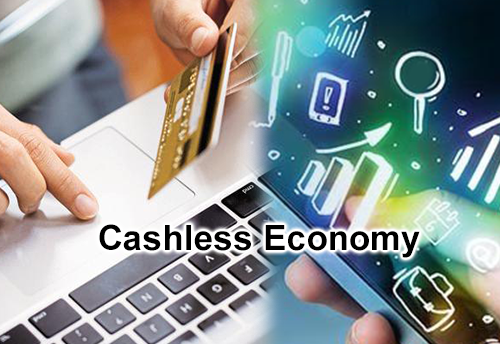
MSMEs key stakeholders for India’s cashless future: Boston Consulting Group
New Delhi, June 21 (KNN) Highlighting the importance of MSME sector in India as a key stakeholder for its journey towards cashless economy, the Boston Consulting Group (BCG) in its report titled ‘Enabling MSMEs For A Cashless Future’ has recommended measures such as incentivizing digital transactions, increase awareness amongst MSMEs through grass root level trainings, fraud prevention etc.
Eight months after demonetisation, the country is again moving towards using more cash as mode of financial transactions than taking the digital way.
While the government has undertaken several initiatives to induce the consumers to go digital, the report by the Boston Consulting Group (BCG) predicts that it would be far more effective if the focus was on the MSMEs instead of consumers.
Out of the 1700 plus consumers surveyed by BCG post demonetisation, 22 percent indicated their preference for digital payment methods within six months compared to only 11 percent earlier. In contrast, majority of the 50 plus MSMEs with which BCG conducted a deep discovery interview indicated a preference for reverting to cash.
According to the ministry of MSME, there are about 50 million MSMEs contributing to over a third of India’s GDP. MSMEs also contribute to about 40 percent of India’s exports, 45 percent of its manufacturing output and employ 20 percent of the workforce. More importantly, 55 percent of these enterprises are based in rural areas making MSMEs critical for the Indian rural households.
MSMEs were also severely impacted compared to large corporate entities during demonetisation, and that the event offered a glimpse into the vulnerability of MSMEs in a cashless ecosystem.
The primary reasons for the deeper impact were because their business economics are strongly linked to cash transactions – a combination of lower overheads and tax liabilities or lower input costs due to evasion of indirect taxes has historically been an advantage, and moving to a cashless economy is likely to eliminate many of these advantages.
Plus, around 95 percent of the MSME businesses are proprietorships, thereby allowing the income to be clubbed with the proprietor’s personal income, as a result of which average tax rates tend to be lower compared to the 25 to 30 percent tax rates for corporates.
The other barriers include higher ease of doing business in cash, no perceived benefit of shifting to cashless and a general lack of awareness. Secondly, there is reduced access to credit.
The report suggests a few measures which can be undertaken by the government to specifically attract MSMEs in its digital push.
Incentivising digital transactions: This can be achieved by improving access to formal credit, reducing cost of digital transactions, minimising incentives to transact in cash, introducing a three-year tax holiday specifically for MSMEs, simplifying compliance requirements and last but not least, making registration of MSMEs mandatory. The report details specific measures to achieve all these objectives.
Expanding infrastructure: Large scale promotion of mPOS, Bharat QR code and procurement of POS terminals will help in dramatically reduce the existing monthly cost of Rs 500-1500 and will help in making digital payments more attractive to MSMEs.
Increase awareness and strengthen enablers: India already has an available banking infrastructure in terms of rural financial institutions, banking correspondents and the report suggests using them to drive financial literacy and awareness of myriad government schemes.
Cyber crimes and frauds are a major deterrent for MSMEs in placing their trust in digital payment platforms and introducing mechanisms to increase the security as well bridging this trust deficit through educating the small businesses are essential measures required to limit financial risks.

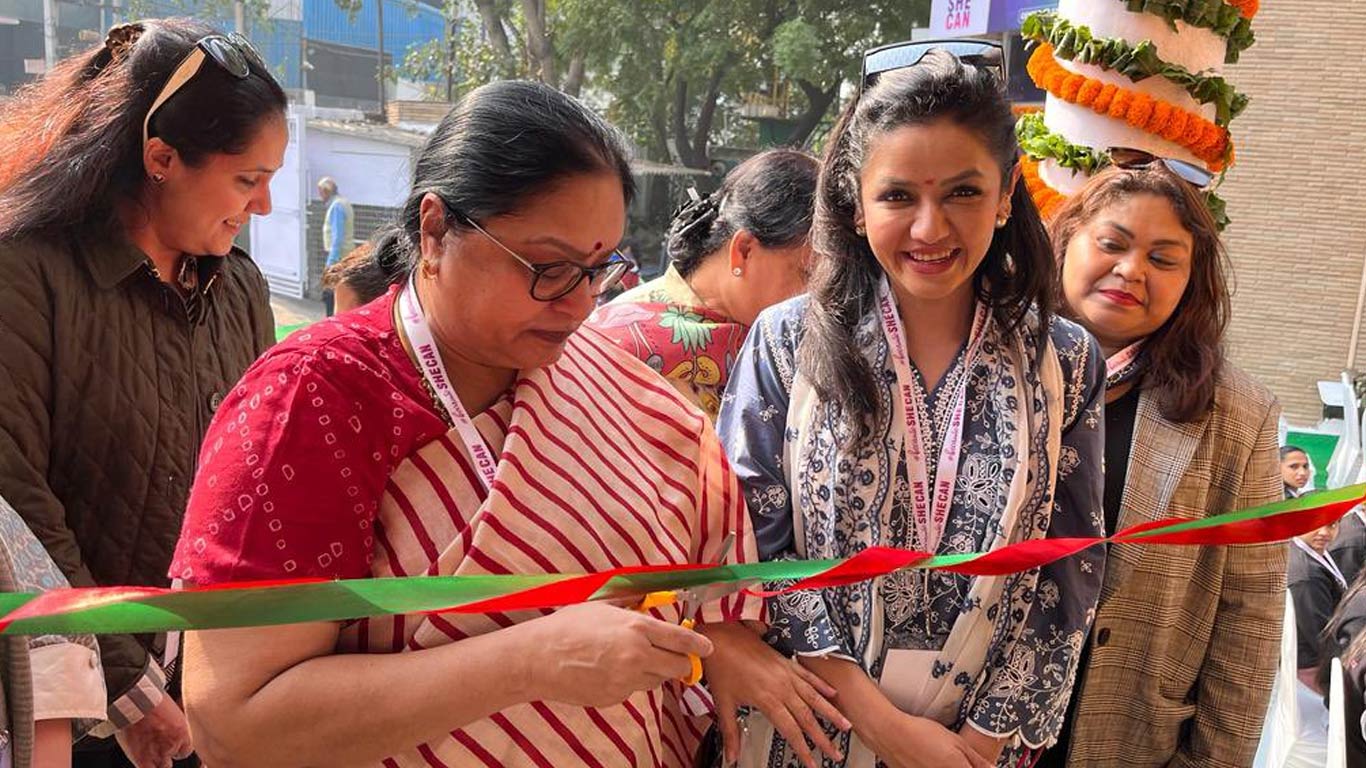
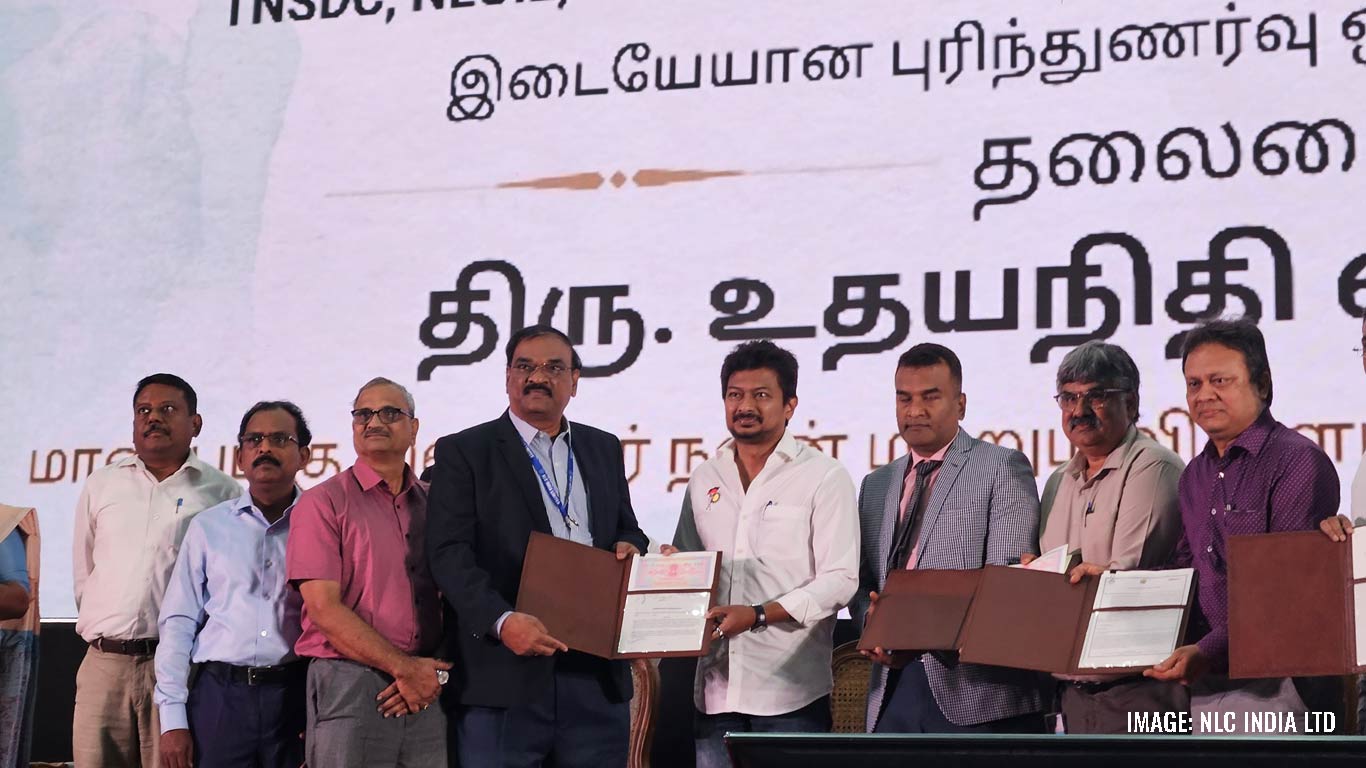
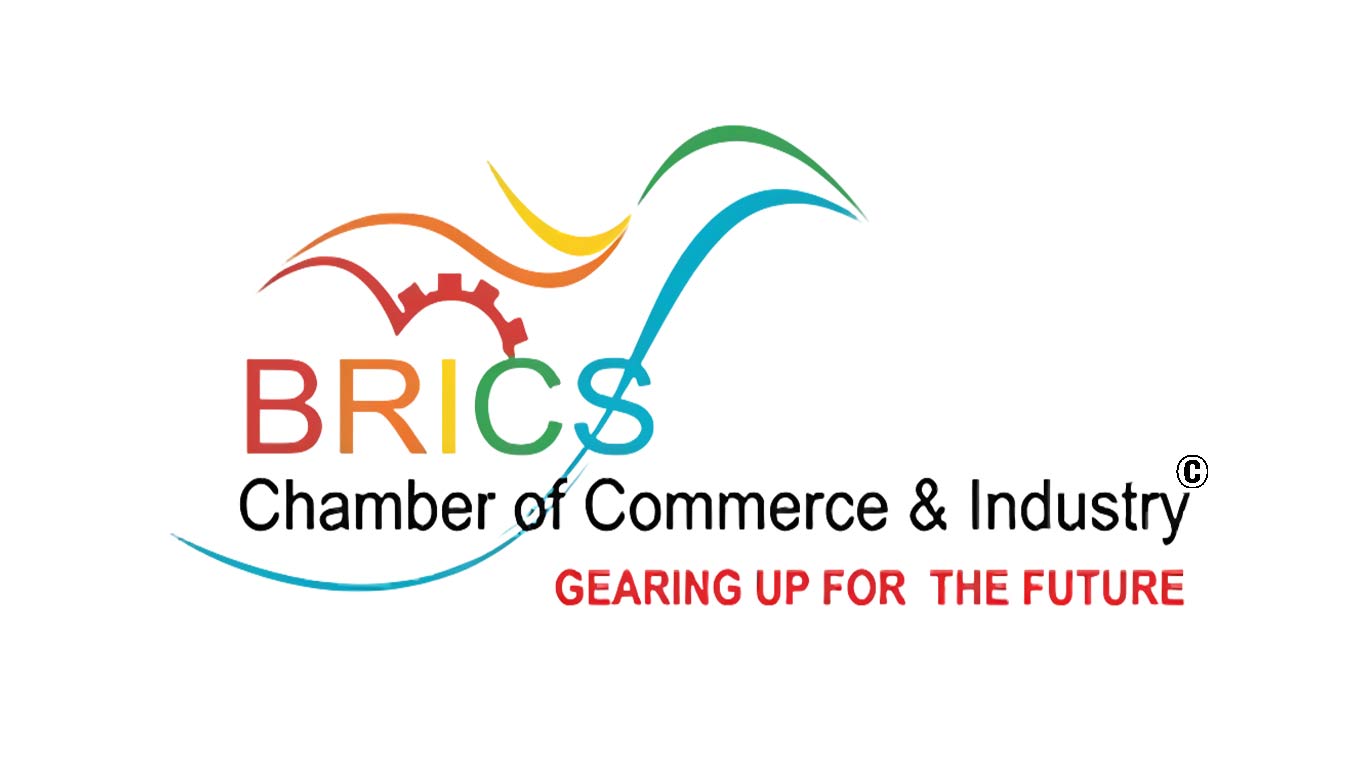
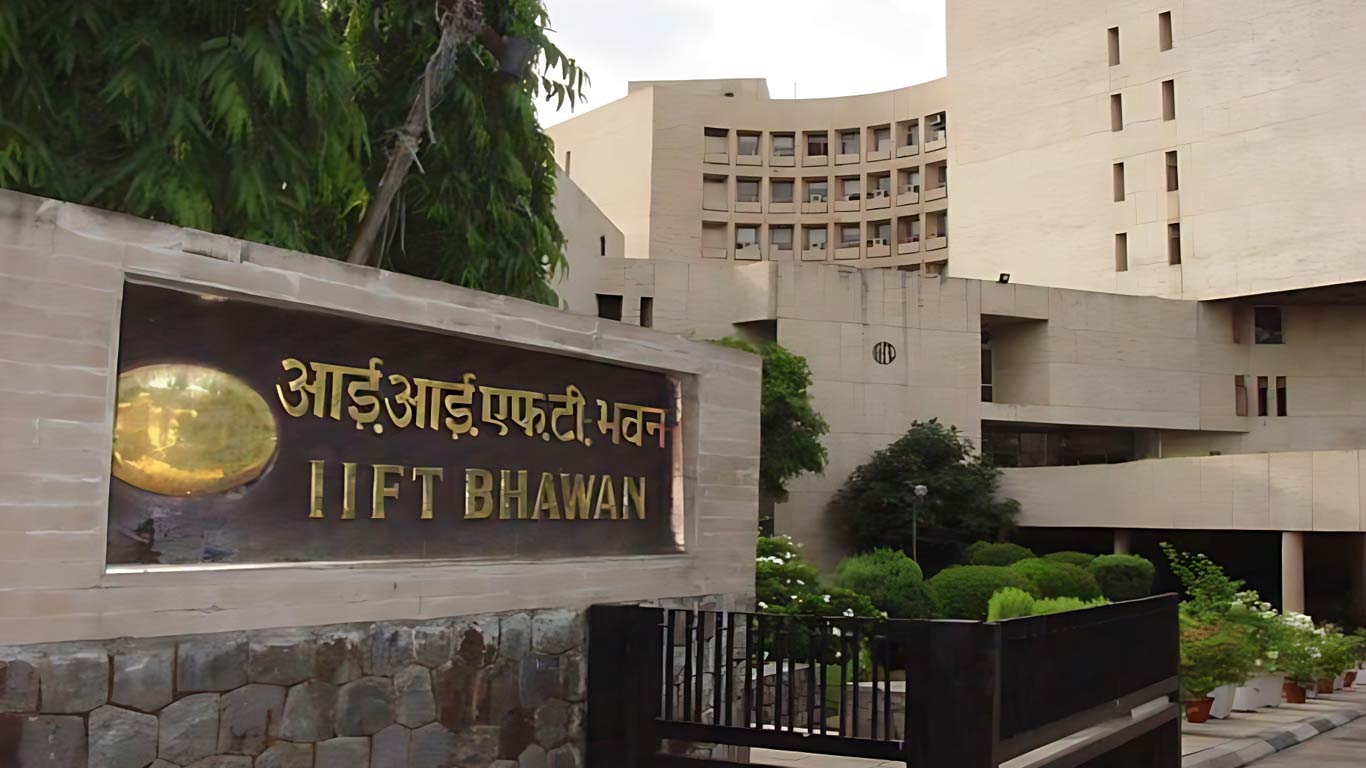
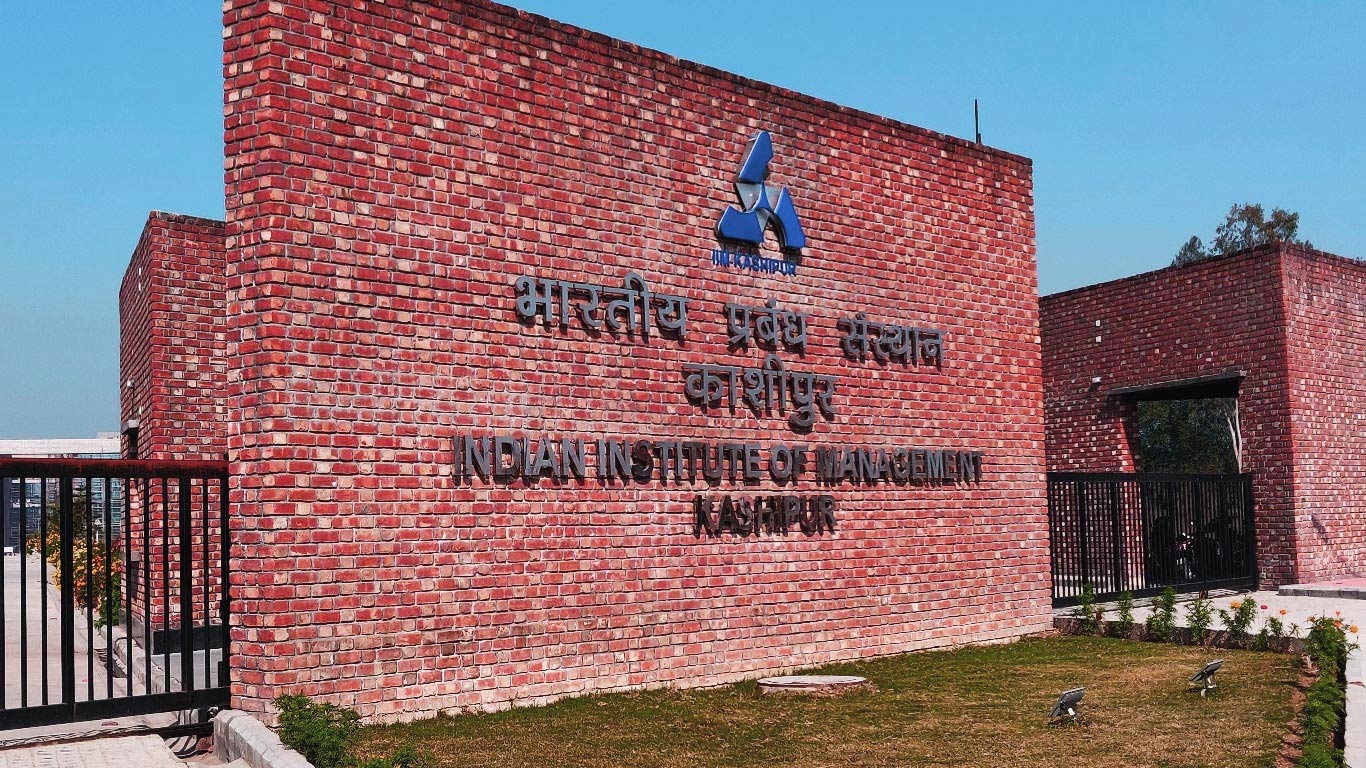





